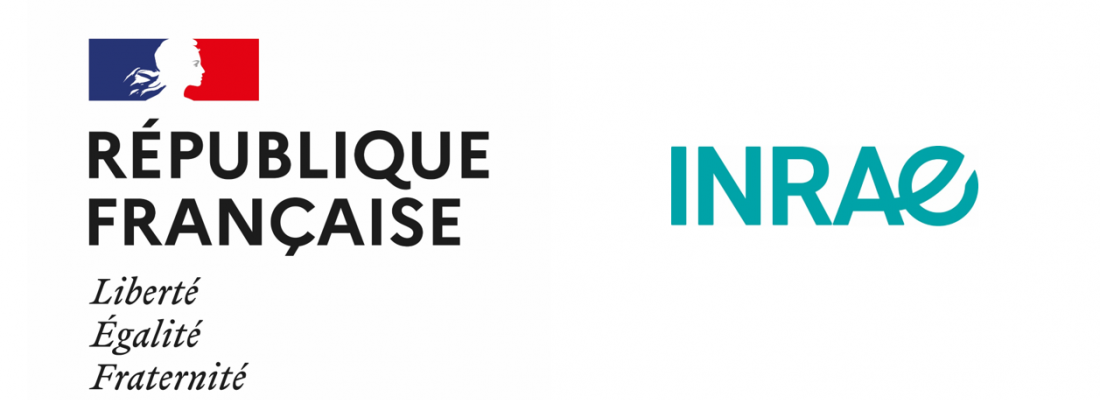Agroecology 4 min
Kick-off meeting for the “Growing and Protecting Crops Differently” priority research programme projects
PRESS RELEASE – The kick-off meeting for the scientific projects selected for the “Growing and Protecting Crops Differently” priority research programme was held on 23 September 2020.
Published on 23 September 2020

This €30 million priority research programme (PPR) was launched at the request of the French Minister of Higher Education, Research and Innovation, Frédérique Vidal, and the Secretary-General for Investment, Guillaume Boudy. The PPR’s scientific oversight has been entrusted to INRAE. INRAE’s strategic approach to new agricultural practices as alternatives to plant protection products served as the basis for a call for projects managed by the French National Research Agency (ANR).
The recommendations of an international jury, which examined the projects’ relevance and feasibility and in which the French Ministry of Agriculture and Food and the Ministry of Ecological Transition took part, informed the selection of ten projects by the interministerial steering committee chaired by the French Ministry of Higher Education, Research and Innovation. The project leaders gathered for the kick-off meeting on 23 September 2020.
These long-term projects (six years) cover all the issues raised in the call for projects: removal of “scientific barriers”, understanding of the microbial environment of plants and its influence on their health, methods of monitoring the emergence of plant diseases in order to implement preventive measures and early treatments, and the social and economic aspects of the transition to pesticide-free systems.
These projects bring together numerous research units from French universities and research organisations. The size of the project groups and the long research terms will make it possible to build sustainable scientific communities specialised in these new complementary approaches, which leverage sensors, plants’ natural defences and biological control. The projects will focus on enhancing cropland organisation and supporting shifting economic sectors to create agriculture that can address future challenges.
Numerous symposia and events will be organised for researchers and other agricultural stakeholders to monitor project progress, quickly share the results and thus facilitate the transfer of knowledge and solutions to society, and especially to farmers.
List of projects:
|
Acronym |
Title |
Coordinator |
Coordinating research unit |
|
MoBiDiv |
Mobilizing and breeding intra and inter-specific crop diversity for a systemic change towards pesticide-free agriculture |
Jérôme Enjalbert |
Quantitative Genetics and Evolution Paris-Saclay University · INRAE · CNRS · AgroParisTech |
|
SPECIFICS |
Sustainable pest control in Fabaceae-rich innovative cropping systems |
Judith Burstin |
Agroecology Joint Research Unit INRAE – AgroSupDijon - Université de Bourgogne-Franche Comté - CNRS |
|
BE-CREATIVE |
Building pesticide-free agroecosystems at territory level |
Muriel Morison- Valentin |
Agronomy Joint Research Unit Paris Saclay University - AgroParisTech - INRAE |
|
SUCSEED |
Stop the use of pesticides on seeds by proposing alternatives |
Matthieu Barret |
Research Institute for Horticulture and Seeds (IRHS) INRAE - Insitut Agro, Agrocampus Ouest, University of Angers |
|
Cultivating the grapevine without pesticides: towards agroecological wine-producing socio-ecosystems |
François Delmotte |
Grapevine Health and Agroecology Joint Research Unit (SAVE) INRAE - Bordeaux Science Agro |
|
|
CAP ZERO PHYTO |
Adapting the concept of ecological immunity to crop protection: Rosaceae and Solanaceae, two case studies |
Catherine Coutand |
Horticultural Plants and Cropping Systems Unit (PSH) INRAE |
|
Facilitating public Action to exit from peSTicides |
Julie Subervie |
Centre for Environmental Economics (CEE-M) - Montpellier INRAE – CNRS - University of Montpellier - Montpellier Supagro |
|
|
BEYOND |
Building epidemiological surveillance and prophylaxis with observations both near and distant |
Cindy Morris |
Plant Pathology Joint Research Unit INRAE - Avignon University |
|
PheroSensor |
Early detection of pest insects using pheromone receptor-based olfactory sensors |
Philippe Lucas |
Institute of Ecology and Environmental Sciences in Paris (IEES) CNRS - IRD - INRAE - Université Paris-Est Créteil - Sorbonne University |
|
DEEP IMPACT |
Deciphering plant-microbiota interactions to enhance crop defences against pests |
Christophe Mougel |
Institute for Genetics, the Environment and Plant Protection (IGEPP) INRAE – Institut Agro, AgroCampus Ouest - Université de Rennes 1 |
